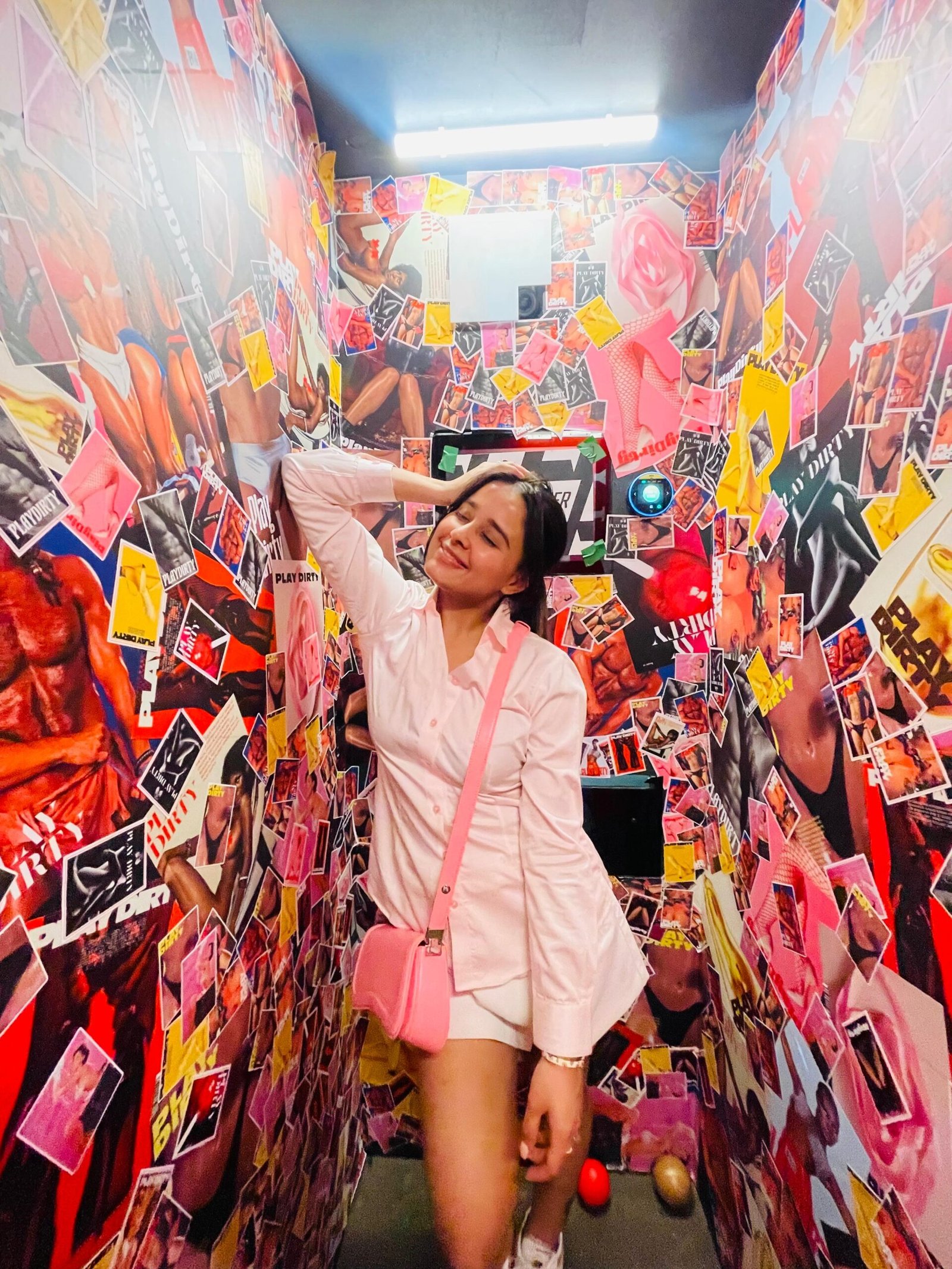Age of Escapism – We have glamorized ways to escape real life, making it increasingly difficult to actually process our experiences.
Isn’t it interesting how Netflix, social media, superficial social gatherings, alcohol, flings, hook-ups, and parties have become so normalized in society? Meanwhile, in-depth conversations, one-on-one chats, cooking meals together, playing sports, holding space for vulnerability, or seeking professional help like therapy seem so much less accessible. It feels like we have to try really hard to engage in these more meaningful activities. Our default setting has shifted to social media—constantly consuming, indulging in pleasure-seeking activities, and craving that dopamine hit or adrenaline rush every few hours.
Life is full of paradoxes, yet we often chase only one way of doing things or accepting them. Everything in existence has duality, just as the creator intended to maintain a balance between good and evil. Similarly, these escape routes have their own dual nature. The paradox may be overlooked by many, but what seems bad in one perspective can be good in another, and vice versa. It’s our intention that truly matters. It’s our intention that matters the most. In the Bhagavad Gita, Krishna teaches that actions performed with the right intention—without attachment to the outcome—lead to liberation.
We must also recognize that certain apps are meticulously designed based on in-depth research into human behaviour, aimed at catering to a larger audience and making a successful business. Sensory addiction is a powerful hook, as everyone seeks that little dopamine hit. Being absorbed in aesthetically pleasing pictures and content was always part of the strategy for leading businesses. These visually driven platforms constantly stimulate the senses, designed to attract and hold our attention. This can lead to addiction, where users continuously seek gratification. It’s crucial to learn to be mindful and purposeful. It’s not to say that it’s all evil—when used with good intention, it’s a great tool. But like everything else, it has a dual nature that can work against our will, leading to overindulgence, attachment, addiction, and suffering. The Bhagavad Gita discusses the need to control the mind and senses to avoid such pitfalls of desire and attachment.
No change happens in one day; it’s about small steps and gradual learning.
- First, we must develop an awareness of our surroundings and reality, understanding what is happening and what we can do to improve our lives.
- Second, we must seek knowledge by mindfully engaging with blogs, books, podcasts, scriptures, and teachers to guide us.
- When we realize that our eyes had been closed for long and decide to remove the blindfold, we can finally see with clarity. This is when we apply that knowledge to our reality, leading fuller lives—peaceful, soulful, satisfied with the human experience, and full of gratitude.
Only when we get to come out from these existing escapism mechanisms or maya do we get the chance to live in the present, consciously, process our daily lives, and find time to get bored. This time and energy can then be redirected into creating new things and being innovative. We get the chance to explore new activities and indulge in our passions when we allow ourselves the space to get bored. So, I hope you recognize your patterns of escaping the hard things and, one by one, enable yourself to detach from them and live a slower, more intentional life.
If you’ve made it this far, I’m deeply grateful. Thank you for sharing your precious time and energy with me. I truly appreciate it. And if no one has told you today, I believe in you, I have faith in you, and I love you.







